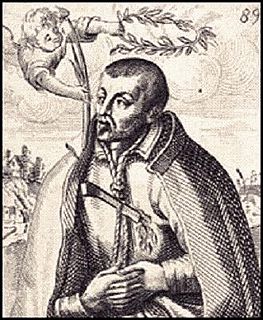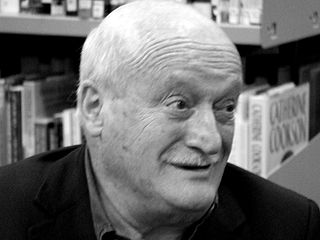A Quote by Khalil Gibran
He who wears his morality but as his best garment were better naked. The wind and the sun will tear no holes in his skin.
Related Quotes
Who can depart from his pain and aloneness without regret? Too many fragments of the spirit have I scattered in these streets, and too many are the children of my longing that walk naked among these hills, and I cannot withdraw from them without a burden and an ache. It is not a garment I cast off this day, bit a skin that I tear with my own hands... Yet I cannot tarry longer.
The brown blotches of the benevolent skin cancer the sun brings from its reflection on the tropic sea were on his cheeks. The blotches ran well down the sides of his face and his hands had the deep-creased scars from handling heavy fish on the cords. But none of these scars were fresh. They were as old as erosions in a fishless desert.
His touch both consoles and devastates me; I feel my heart pulse, then wither, naked as a stone on the roaring mattress while the lovely, moony night slides through the window to dapple the flanks of this innocent who makes cages to keep the sweet birds in. Eat me, drink me; thirsty, cankered, goblin-ridden, I go back and back to him to have his fingers strip the tattered skin away and clothe me in his dress of water, this garment that drenches me, its slithering odour, its capacity for drowning.
Branches grew from his hands, his hair. His thoughts tangled like roots in the ground. He strained upward. Pitch ran like tears down his back. His name formed his core; ring upon ring of silence built around it. His face rose high above the forests. Gripped to earth, bending to the wind's fury, he disappeared within himself, behind the hard, wind-scrolled shield of his experiences.
A man is reputed to have thought and eloquence; he cannot, for all that, say a word to his cousin or his uncle. They accuse his silence with as much reason as they would blame the insignificance of a dial in the shade. In the sun it will mark the hour. Among those who enjoy his thought, he will regain his tongue.
Mass democracy, mass morality and the mass media thrive independently of the individual, who joins them only at the cost of at least a partial perversion of his instincts and insights. He pays for his social ease with what used to be called his soul - his discriminations, his uniqueness, his psychic energy, his self.




































